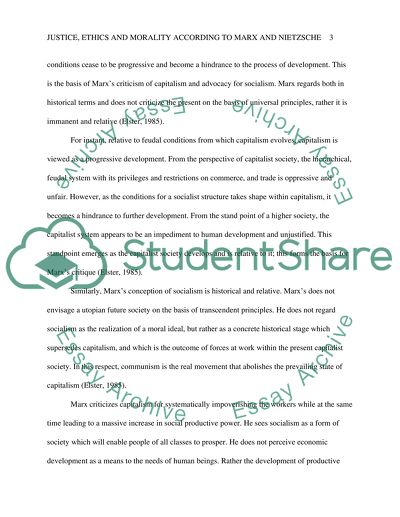Cite this document
(“Justice, ethics & morality according to Marx and Nietzsche Research Paper”, n.d.)
Justice, ethics & morality according to Marx and Nietzsche Research Paper. Retrieved from https://studentshare.org/philosophy/1618298-justice-ethics-morality-according-to-marx-and-nietzsche
Justice, ethics & morality according to Marx and Nietzsche Research Paper. Retrieved from https://studentshare.org/philosophy/1618298-justice-ethics-morality-according-to-marx-and-nietzsche
(Justice, Ethics & Morality According to Marx and Nietzsche Research Paper)
Justice, Ethics & Morality According to Marx and Nietzsche Research Paper. https://studentshare.org/philosophy/1618298-justice-ethics-morality-according-to-marx-and-nietzsche.
Justice, Ethics & Morality According to Marx and Nietzsche Research Paper. https://studentshare.org/philosophy/1618298-justice-ethics-morality-according-to-marx-and-nietzsche.
“Justice, Ethics & Morality According to Marx and Nietzsche Research Paper”, n.d. https://studentshare.org/philosophy/1618298-justice-ethics-morality-according-to-marx-and-nietzsche.


